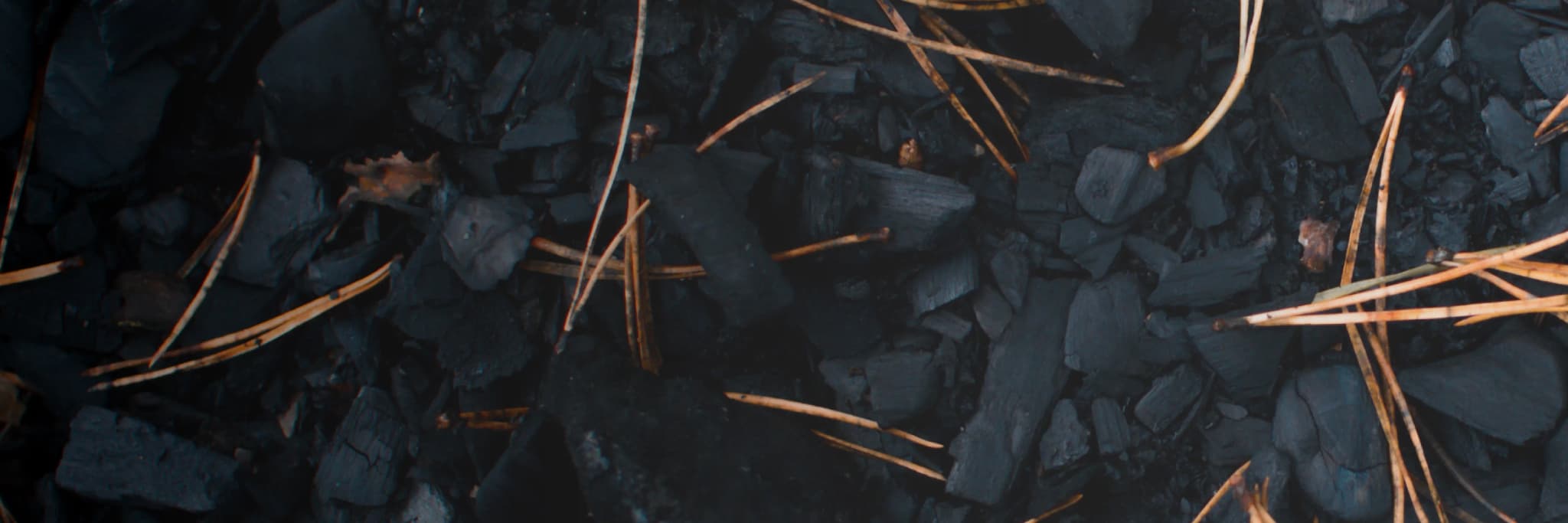Biochar projects employ a well-defined process to transform organic waste into a stable, carbon-rich product, leveraging innovative technology for environmental and agricultural enhancement.
1. Feedstock Selection
The project begins with the careful selection of feedstock, utilizing sustainable sources such as agricultural residues, forestry waste, and other organic materials. This ensures minimal environmental impact while maximizing carbon capture potential.
2. Preprocessing
Once the feedstock is gathered, it undergoes preprocessing, which includes shredding and drying to optimize the subsequent pyrolysis process. This step is crucial to enhancing the efficiency of biochar production.
3. Pyrolysis Process
The prepared biomass is subjected to pyrolysis—a thermal decomposition process occurring in a low-oxygen environment. Heated to temperatures between 300 and 700 degrees Celsius, the biomass breaks down into biochar, bio-oil, and syngas. The primary focus is on producing biochar, which is rich in stable carbon.
4. Product Utilization
The biochar is then integrated into soil, improving its structure, nutrient retention, and water-holding capacity. Additionally, the bio-oil and syngas generated can be utilized as renewable energy sources, further promoting the project’s sustainability objectives.
5. Community Engagement
To maximize the benefits, the project involves training programs for local farmers and agricultural communities, educating them on biochar application and sustainable practices.
6. Monitoring and Evaluation
Continuous monitoring and evaluation of soil health and carbon sequestration rates are conducted, ensuring the project’s effectiveness. Through this systematic approach, the Biochar project contributes significantly to waste management, carbon sequestration, and climate change mitigation, supporting a sustainable future.
Registration Body:

Methodology: VM0044
Program Type:

Sustainable Development Goals:








